
Unmarried couples in the UK are almost three times more likely to have split by the time their child turns 14 than those who married before the birth, a new study has found.
Sixty per cent of couples who cohabit but never marry had separated by the time their first child turned 14, compared with 21 per cent of those who had married before the birth, according to the Marriage Foundation report. The proportion rose to 32 per cent of couples who married after the birth.
The researchers found that 46 per cent of 14-year-olds in the study were not living with both natural parents. A similar figure was found in a review for the Children’s Commissioner last year.
The Marriage Foundation report tracked 4,476 mothers with children born between 2000 and 2002, from the Millennium Cohort Study.
Researchers found that by the age of three, 26 per cent of children were not living with both natural parents, rising to 46 per cent at the age of 14. Among the 54 per cent of children still living with both natural parents, 84 per cent lived with parents who were married.
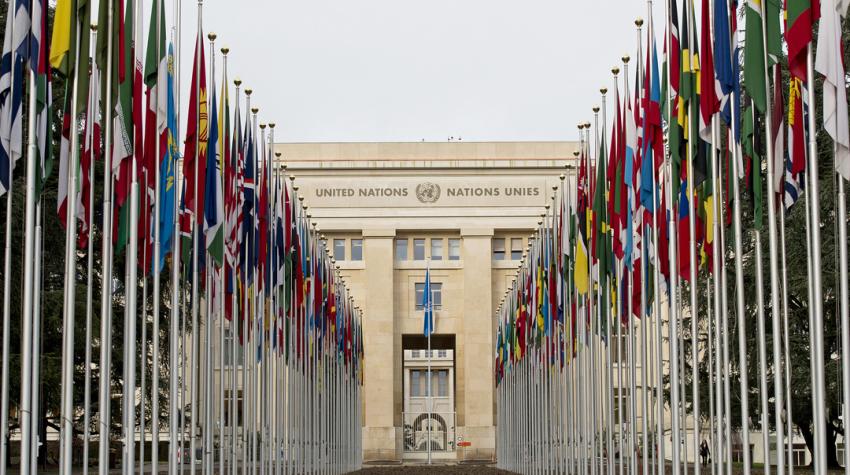
A resolution on the need for laws that hold individuals accountable for blasphemy, especially for desecrating the Qur’an, has been adopted by the UN Human Rights Council.
The move has been described as a blow to international free speech norms by a leading religious freedom and human rights law firm.
The resolution, titled “Countering religious hatred constituting incitement to discrimination, hostility or violence”, indicates that penalties would be “consistent with obligations of States arising from international human rights law.”
The move comes following the public burning of a Qur’an as a protest in Sweden. Swedish police had granted a permit for the protest, in accordance with its free-speech laws.
ADF International’s Director of UN Advocacy Giorgio Mazzoli commented that the deliberate burning of sacred books, whether it involves the Qur’an, the Bible, or the Torah, is an act of provocation, which can stir emotions and cause serious offense to many. However, he added, “in a democratic society, the cost of safeguarding our fundamental right to speak freely sometimes lies in the discomfort of being offended by the actions of others with which we disagree”.

A Russian missile strike on a historic Ukrainian cathedral has shocked local clergy.
Priests at the scene of the Transfiguration Cathedral, which was consecrated by the Russian Orthodox patriarch Kirill of Moscow in 2010 after an extensive rebuild, were scathing in their assessment.
“This is barbarism, it’s terrorism. The people who did this are not people at all,” said Myroslav Vdodovych, the cathedral’s chief priest, as he walked through the ruins, taking calls on his mobile phone and directing emergency workers to spots where there was rubble to clear.
“I was one of the first people here, because I got notified when the alarm signals went off. It was a direct hit, right in the altar area,” he said.
Odessa’s main Orthodox cathedral was established in 1794. It was destroyed by Stalin in 1936, but rebuilt under an independent Ukraine between 1999 and 2006. It was one of several historical parts of central Odessa, a UNESCO world heritage site, hit by Russian missiles strikes over the past week.
According to the Guardian, there is a sense of amazement that Moscow could launch such ruthless attacks against a storied city that plays such a large role in Russian cultural and historical narratives.

New regulations which would force Northern Ireland’s schools to teach a permissive view of abortion have been described as a “very serious restriction” on religious liberty.
Liam Gibson of the Society for the Protection of Unborn Children (SPUC) told The Irish Catholic they have asked people to oppose the move which was introduced from Westminster in the absence of a functioning Stormont.
Mr Gibson said the regulations “mandate abortion is taught as a ‘right’, and that there is information provided on how to get an abortion for children in schools”.
“It’s forbidden to promote any view other than that, it’s a very serious restriction on the ability for Catholic schools to teach children what the Catholic Church says about abortion, that it is morally wrong, that it is the taking of an innocent human life. That is illegal,” he insisted.
“We’re asking this is withdrawn and to allow schools to teach according to the basic principal that parents have a right to have their children educated according to their own religious convictions and that’s recognised in international law, both in the Universal Declaration of Human Rights and the European Convention on Human Rights.”
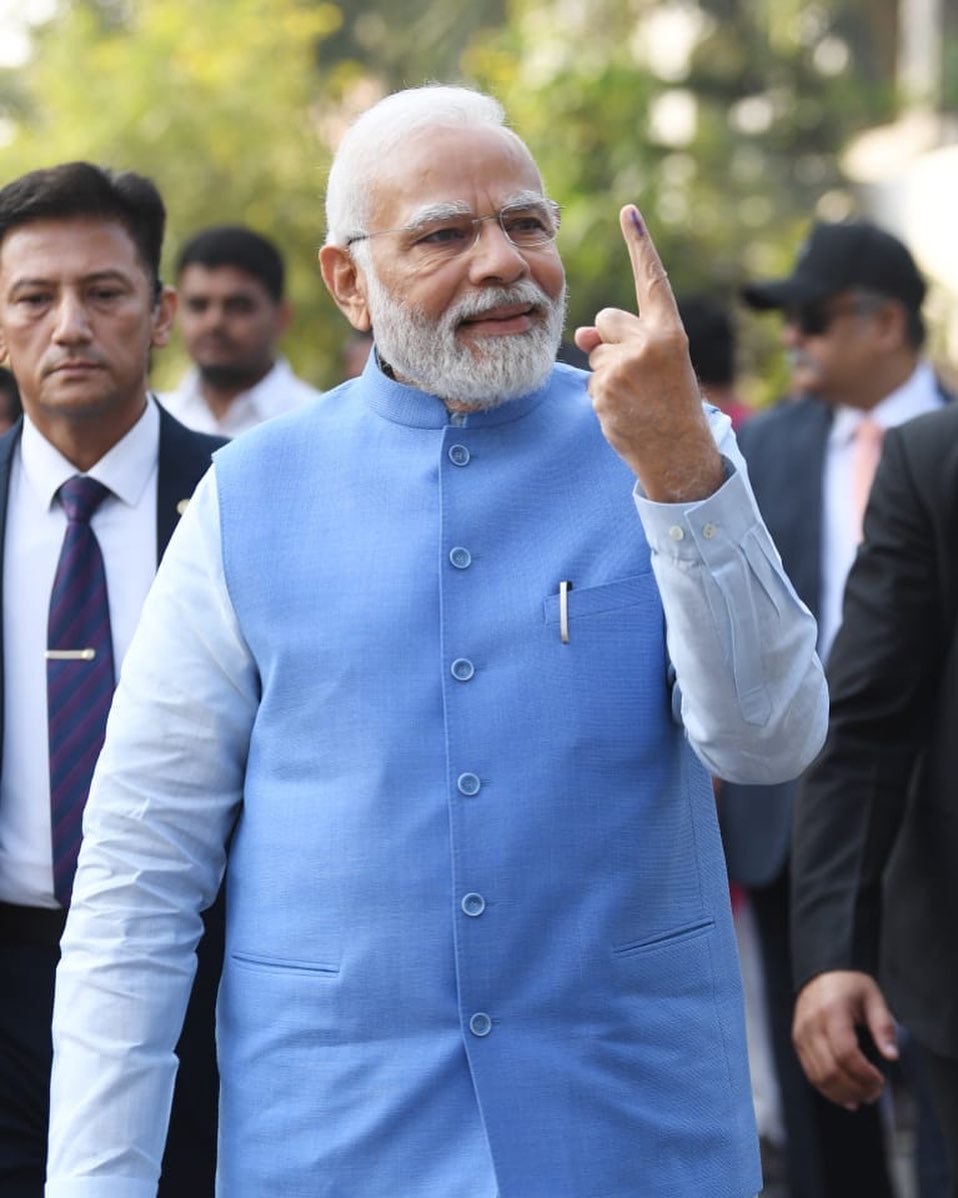
A video shared widely in India shows two Christian women being paraded naked and groped by a group of apparently Hindu men before being dragged into a field where they were allegedly raped.
The women, one in her twenties and the other in her fifties, are seen pleading with the mob not to harm them as ethnic violence flared in the northeastern state of Manipur which shares a border with Myanmar. When the younger woman’s brother and father tried to protect them, officials said, the mob bludgeoned them to death.
Indian Prime Minister, Narendra Modi, reacted to the violence saying “The guilty will not be spared,” “What has happened to the daughters of Manipur can never be forgiven.”
Modi urged the heads of state governments to ensure the safety of women and said the incident, which took place on May 4, was “shameful for any civilised nation”.
The attack has sharpened focus on a conflict in Manipur that threatens to erupt into civil war. At least 140 people have been killed in the past two months as mobs rampaged through villages, attacking locals and torching houses.
The unrest was caused by a demand from the mostly Hindu Meitei people for special status that would let them buy land in the hills populated by Christian Kukis and other tribal groups, as well as getting a share of government jobs.

Canadian fertility rates have fallen sharply in recent decades, to levels far below what women say they want, and may be linked to a decline in religious participation, new research has found.
The study by demographer Lyman Stone, involving a survey of 2,700 Canadian women, examined to what extent, and through what means, religion influences fertility.
Overall, they found that “Canadian women who attend religious services at least monthly desire to have more children, spend more of their life married, and ultimately have more children than nominally religious or nonreligious Canadian women”.
The study suggests that religiously observant women may have more children “because their desires for larger families lead them to make different life choices”.
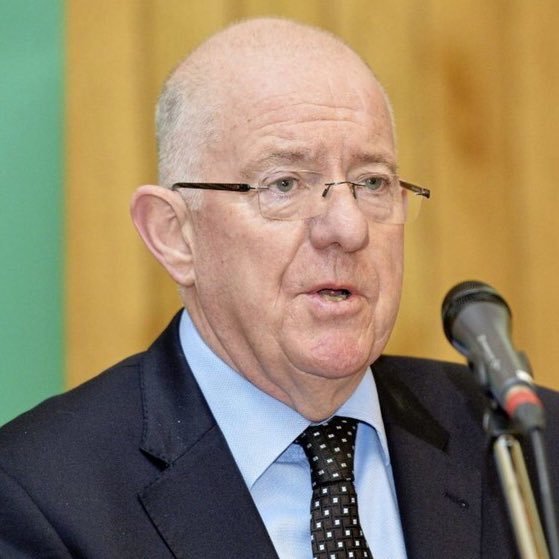
Ireland must use its “moral authority” to speak up for persecuted Christians, a number of politicians have said, urging the Tánaiste to raise the issue at September’s UN Assembly.
The comments come after representatives of Church in Chains, an Irish charity fighting Christian persecution, told an Oireachtas committee that millions of Christians are at risk of violence.
The former Minister for Foreign Affairs Charlie Flanagan told The Irish Catholic that Ireland must lend its voice to calls to end anti-Christian persecution.
He commended the “very important message” of the Christian charity, adding that he wrote to Tánaiste and Minister for Foreign Affairs Micheál Martin “urging him to lend his voice at the foreign affairs council in Brussels and at the UN in September” to support persecuted Christians.
Ireland must do more to raise awareness of the issue, the Fine Gael TD said, adding that we are a recognised “moral authority” on the global stage.
His views were echoed by Senator Joe O’Reilly, who also commended Church in Chains’ appearance before the Committee for Foreign Affairs.
“We haven’t been doing enough” to raise awareness of this “huge international problem”, said Mr O’Reilly.
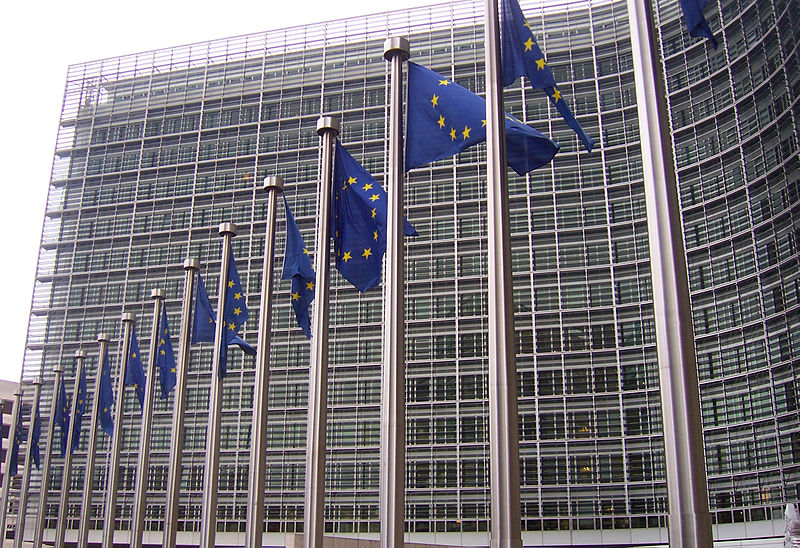
European bishops have released a statement condemning the drafting of a right to abortion in the European Union’s Charter of Fundamental Rights, arguing that the proposed amendment would run afoul of European Union law and human dignity.
Abortion activists have for years pushed for the modification to union law, with initiatives such as the Simone Veil Pact calling for broad abortion rights throughout the continent.
In its Tuesday statement, the Commission of the Bishops’ Conferences of the European Union (COMECE) argued that the measure would constitute an “ethical indefensibility” against human rights and European law.
Stating that “human dignity is an overarching value in the EU Treaties and Charter,” the bishops wrote that “respect for the dignity of every human being in every stage of its life, especially in situations of complete vulnerability, is a fundamental principle in a democratic society.”

In-person appointments for all abortions must be reinstated to ensure that the gestation of babies can accurately be assessed, according to a leading pro-life group in the UK.
This follows the ruling from the Court of Appeal that Carla Foster who was jailed for illegally inducing an abortion in the eighth month of pregnancy, will be released from prison.
Right To Life UK also called for a full inquiry into the abortion provider, the British Pregnancy Advisory Service, for sending out abortion pills to a woman whose baby, Lily, was at least 32 weeks gestation, which is 22 weeks beyond the legal limit for at-home abortions.
The organisation has asked the Government to firmly reject changing legislation to make abortion legal right up to birth, as is proposed by abortion campaigners, led by BPAS, who are cynically using this tragic case to call for the removal of more abortion safeguards and the introduction of abortion up to birth across the United Kingdom.
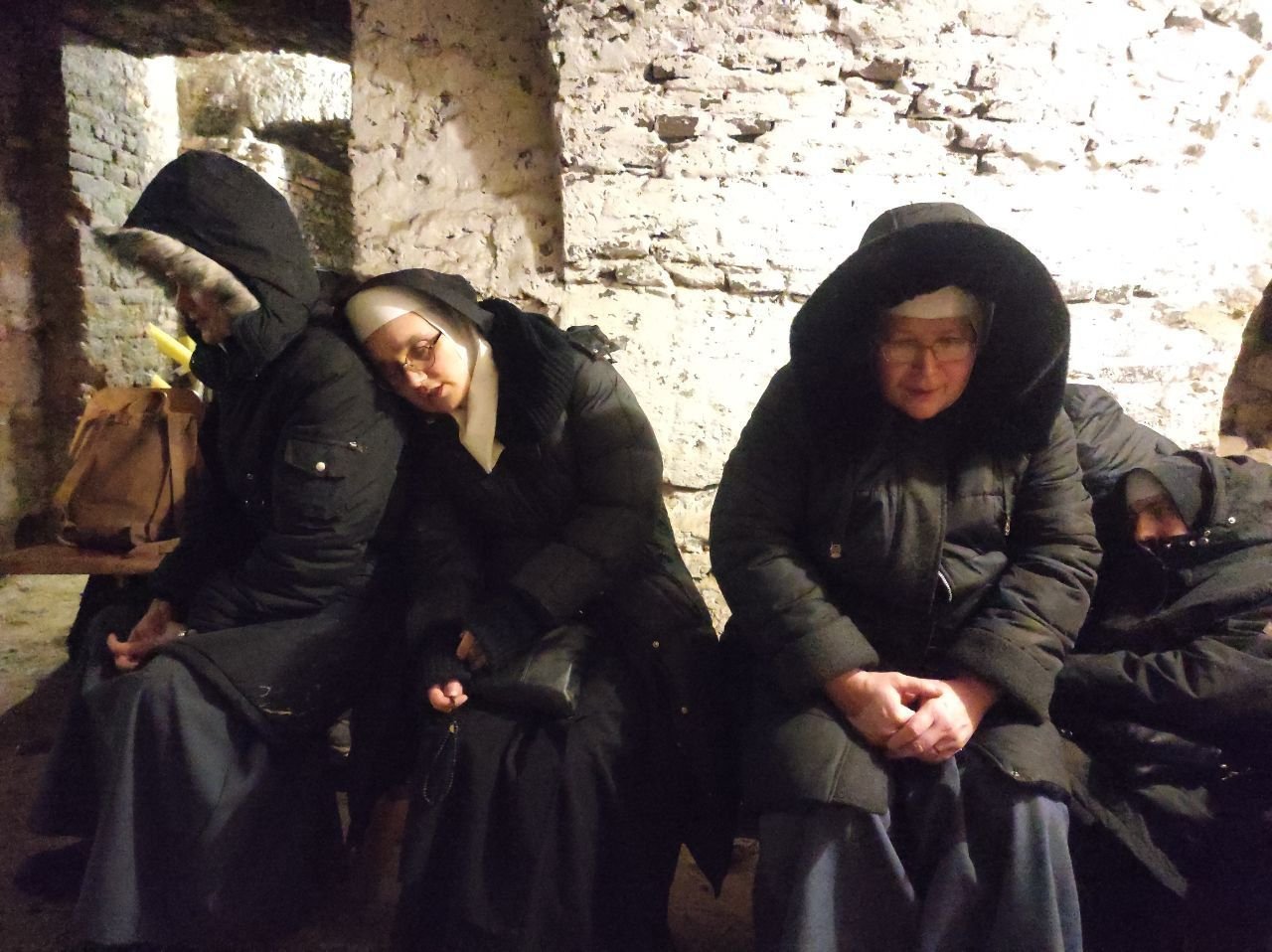
Two Ukrainian priests who were arrested by Russian troops last year are still missing, according to the Pontifical charity Aid to the Church in Need (ACN).
Until November 2022, several Catholic parishes and a Redemptorist monastery were still operating in the occupied territories, but in mid-November two Redemptorist Fathers, Fr Ivan Levitskyi C.SS.R. and Fr Bohdan Heleta C.SS.R., one of whom suffers from a severe form of diabetes, were arrested by Russian troops and are still being held at an unknown location.
“Despite prayers, protests, and efforts by the Catholic Church to contact those responsible, to find out the situation of the priests, there is still no news of the priests to this day”, says the auxiliary bishop Maksym Ryabukha.
The bishop requested that ACN continue to ask all benefactors and friends to pray for the speedy release of Father Ivan Levitskyi and Father Bohdan Heleta.